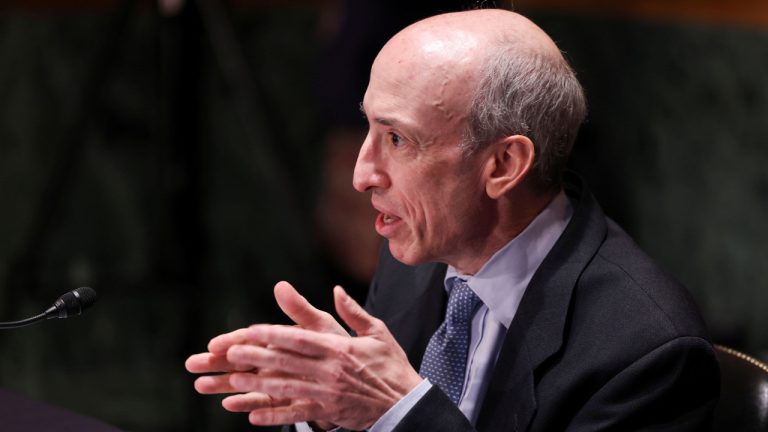
The SEC initially misled a court to freeze DEBT Box’s assets, which has since been reversed, and the firm cited the incident as grounds to dismiss the suit.
DEBT Box and other defendants in a Securities and Exchange Commission lawsuit want the case tossed after the court found the agency lied to secure a temporary restraining order against them.
“The SEC got this case wrong. Badly wrong,” lawyers for Digital Licensing Inc., which does business as DEBT Box, told Utah federal court Judge Robert Shelby in a Dec.
The SEC won a temporary restraining order to freeze DEBT Box assets on Aug.
The agency accused the firm of perpetrating a $50 million fraudulent crypto scheme.
“Not only are such allegations false, but they also fail to meet the basic pleading standards,” it wrote in its latest motion.
A Utah federal court reversed the asset freeze on Nov.
The court found the firm didn’t close the bank accounts, and a $720,000 transfer the SEC alleged was sent overseas was actually sent domestically.

The SEC “misrepresents the state of law regarding crypto assets” in its “fatally flawed pleading,” DEBT Box said.







